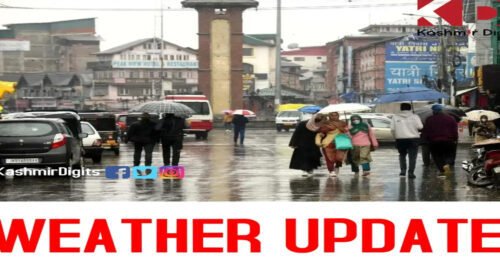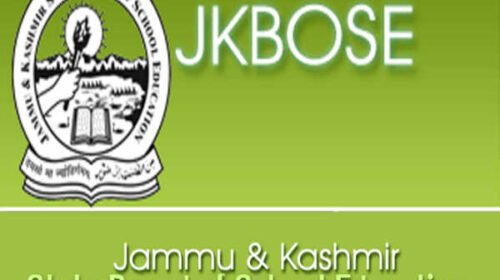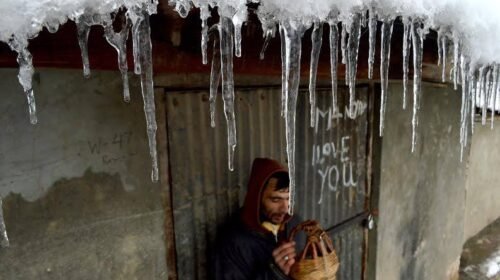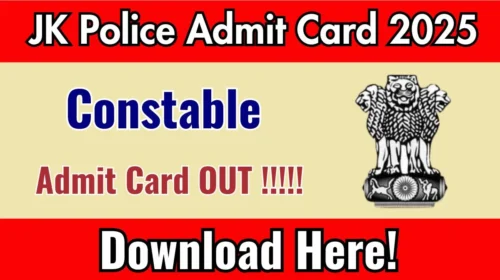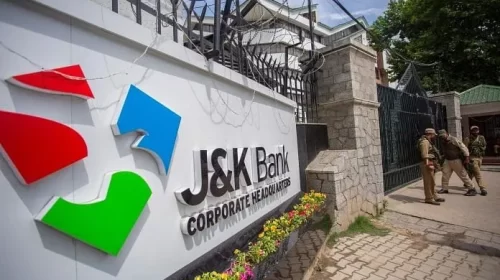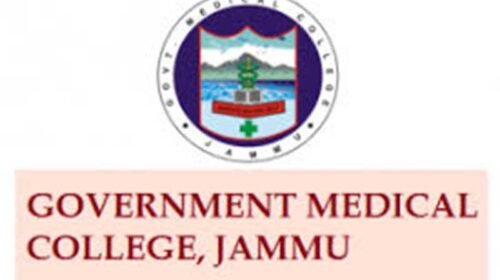The Jammu and Kashmir administration has approved 276 projects under Smart City Missions in a bid to bring remarkable transformation and significantly improve the quality of life of people in the capital cities of Jammu and Srinagar.
The Smart City Projects are aimed at transforming Jammu and Srinagar into modern, sustainable and economically vibrant cities with a dedicated focus on improving infrastructure and services, increasing mobility.
The ambitious project, on completion, would strengthen urban infrastructure, improve city services, public aesthetics, ease of living, provide a clean and sustainable environment besides enhancing administrative machinery in both the capital cities of Jammu and Srinagar.
The Smart Cities Mission was launched by Prime Minister, Narendra Modi, on June 25, 2015, for development of 100 Smart Cities across the country. The Mission is an urban renewal and retrofitting program by the Government of India with the mission to develop smart cities across the country, making them citizen friendly and sustainable.
Under the Mission, an initiative aimed at driving economic growth and improving the quality of life of people, both the capital cities of Jammu and Kashmir were selected by the Union Ministry of Housing and Urban Affairs.
| Install Our App | DOWNLOAD |
| Join Telegram Channel | JOIN NOW |
| Join Facebook Group | JOIN NOW |
| Subscribe YouTube Channel | SUBSCRIBE |
| Follow On Twitter | FOLLOW |
| Follow On Instagram | FOLLOW |
Wifi Zones, Smart Classes, e Services.
These projects include integrated Command and Control Centre, e-services, smart classrooms, smart toilets, smart meters, wifi zones, supervisory control and data acquisition (SCDA), Geographic information system (GIS) for mapping assets, Intelligent Traffic Management system (ITMS), Green spaces, vertical gardens and heritage conservation etc.
Lieutenant Governor, Manoj Sinha, in a statement said the new initiatives are “in line with our mission of making cities sensitive to the needs of citizens and our vision of evolving them through the use of modern IT & other interventions, enabling seamless information access and better service delivery. We need to adopt meaningful ways and means to cater the ever-changing needs of citizens, to acknowledge the limits of available capacities, and strive dynamically to address the same”.
An official said that Variable Message Displays (VMDs) would be put to use as a relevant and instant information dissemination tool to display information regarding government programs, schemes, awareness campaigns, information on traffic congestion conditions and alternate route diversions in case of high traffic; real time display of weather, temperature, air quality, etc.
VMDs would not only be a source of generating additional revenue for smart cities but the Variable Message Displays are strategically located on PAN city bases and have been integrated with ICCC platform, readable up to a distance of 150 metres, said the official.
The control system is hosted on cloud to ensure 100% runtime besides surface Mounted Diode Technology for better visibility and IP67 Casing for all-weather operability.
The digital delivery of urban citizen services has been started to ease the process of availing the services of the government departments in twin cities. The services include a Building Permission System, issuance of Non-Objection Certificate for commercial activities, birth and death certificates and corrections.
The other services which can also be availed at the click of a button are the transfer of leasehold/freehold properties in Govt colonies, booking of parks/ community halls/ municipal premises, street vending/ Rehari License, License for milk Dairy Farm, New sewerage/ water connection besides registration of Pet Dog/Pet Clinic/ Bird Trade/ Pet Trade and road cutting permission.
To attract tourist footfall and benefit students as well as the business community, free Wi-Fi service would be installed at scores of locations under the Smart City Mission in Srinagar and Jammu.
Transforming Jammu.
Under Smart City Mission, the vision for Jammu city is “Transforming Jammu into a sustainable and economically vibrant city with focus on tourism, quality of life and trade by leveraging its heritage and location.
City chowk multi-level parking, renovation of MA stadium, construction of musical fountain at Bagh e Bahu, improvement of street lighting by LED bulbs, multi-level parking at bus-stand, 100 bedded emergency block at GMC-Jammu, Jammu ropeway project are some notable projects completed under smart city mission in Jammu city, so far.
The building of the Tawi riverside, an ambitious project for the city of temples, marked a turning point for JSCL. The project will improve its overall appearance and provide new opportunities for tourism and economic development in Jammu city.
Transforming Srinagar.
For Srinagar city, under Smart City Mission the government envisions to transform Srinagar into an eco-friendly, resilient and socio-economically vibrant city that celebrates its natural and cultural heritage creating harmony and opportunities for all.
Srinagar Smart City aspires to leverage its natural and cultural heritage and tourism through innovative and inclusive solutions, enhance the quality of life for its citizens. EV charging stations, smart street lighting, multi-level parking, sports infrastructure (3 stadia and 5 schools), water transport system in Jhelum river, installation of ornamental LED lighting around Dal-lake, pedestrian walkways and footpath, riverbank development have been started under smart city mission in Srinagar.
The completion of work on Tawi Riverfront development project and Jehlum Riverfront development project modeled on the lines of Sabarmati waterfront are expected to improve the aesthetics of both the cities.
For effective management of transport system in the twin cities, Intelligent Transport Management System (ITMS) would be operated and connected with the Integrated Command and Control Centre (ICCC) of Jammu Smart City Limited (JSCL) and Srinagar Smart City Limited (SSCL) simultaneously. The ITMS usage would improve the mobility of people and goods, increase safety, reduce traffic congestion and manage incidents effectively.
Meanwhile, first elevated light rail transit system has been approved to decongest the twin cities of Jammu and Srinagar under the Mission. The Jammu Light Rail System will have a 23 kilometre length with 22 stations between Bantalab and Bari Brahmana while Srinagar Light Rail System will have a 25 kilometre length.

